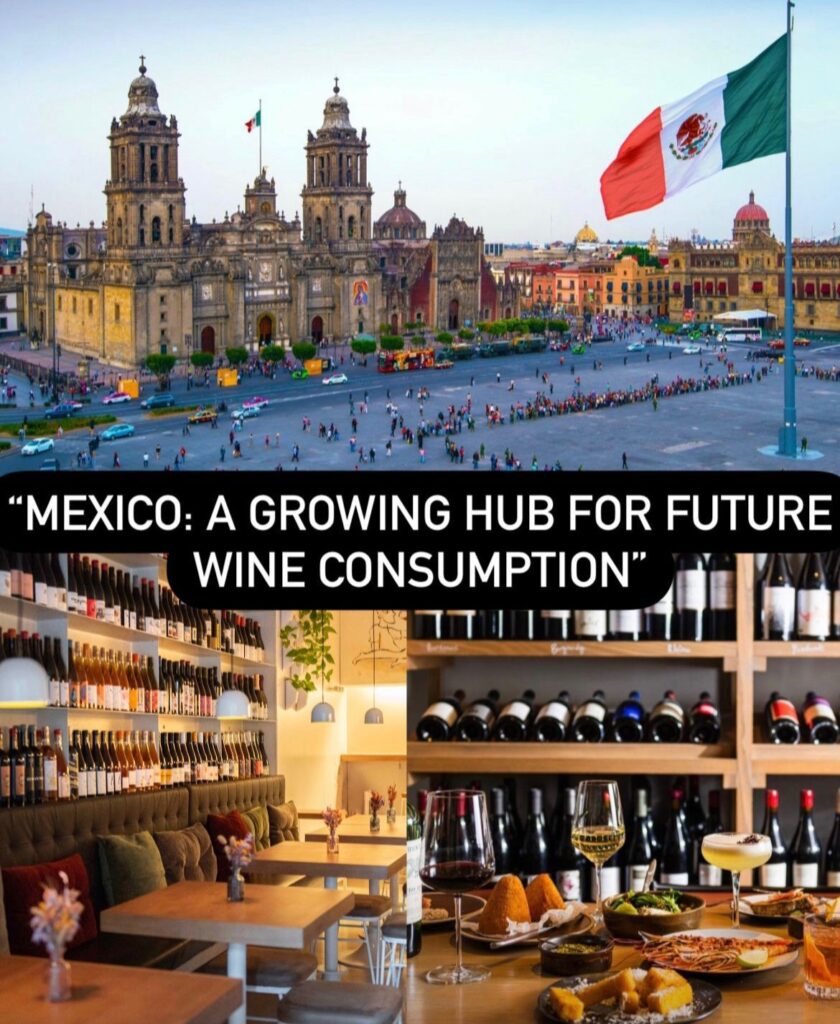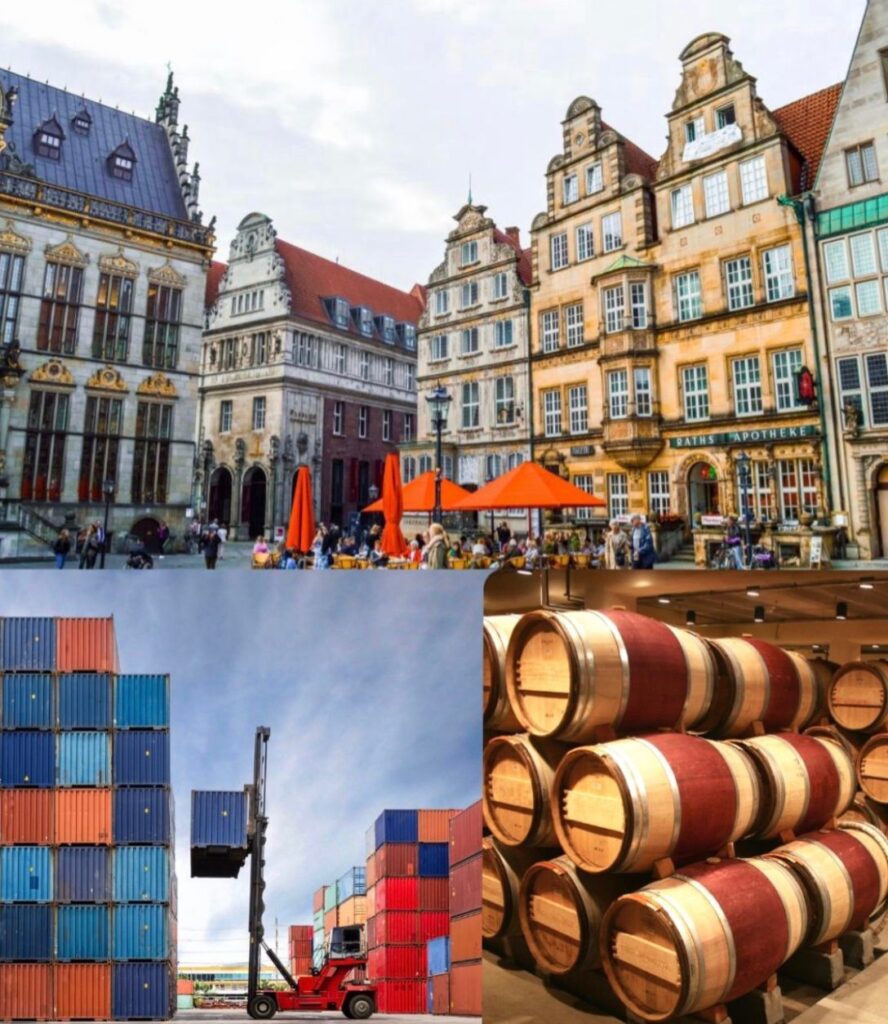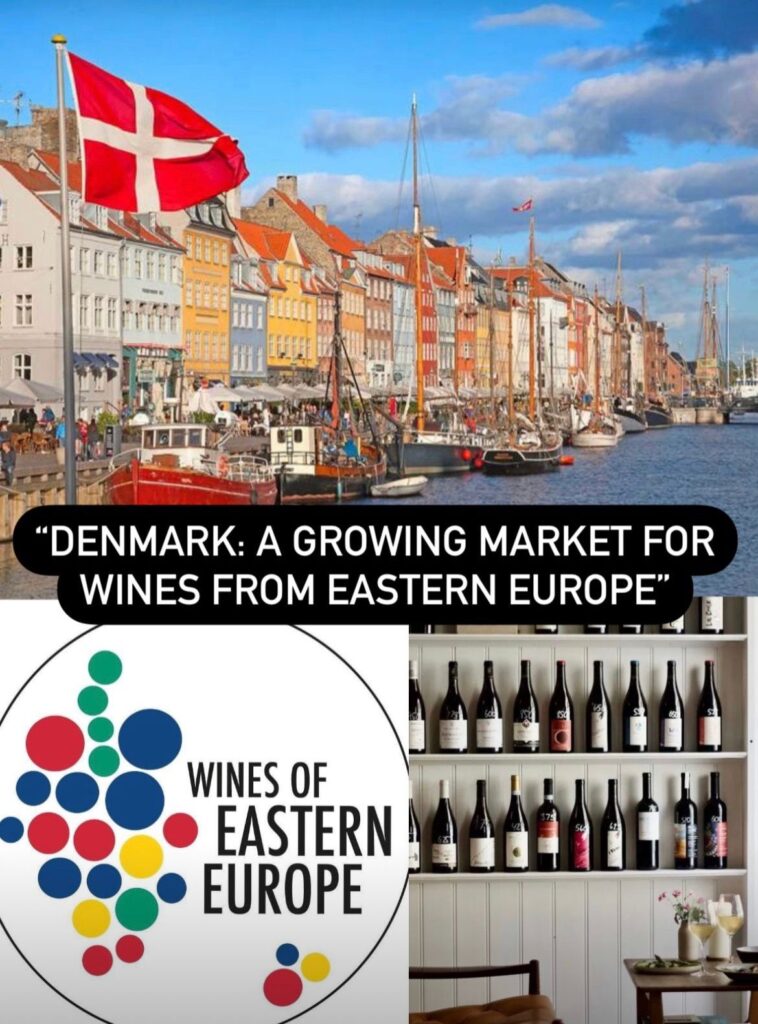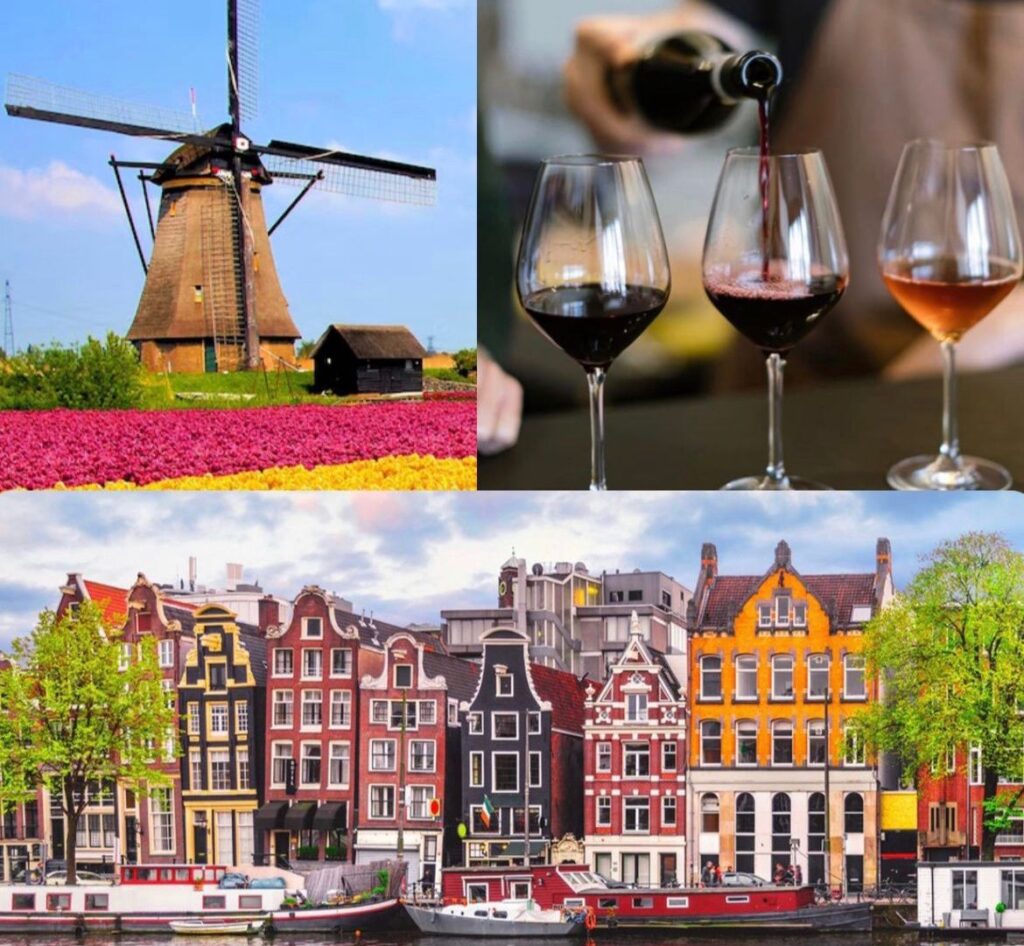Free Trade Zones (FTZs) offer wineries a smart way to boost their international sales and make exporting easier. In an FTZ, wineries can store their wines, repackage them, and get them ready for sale without paying customs duties or taxes right away. This helps them save money and manage their finances better.
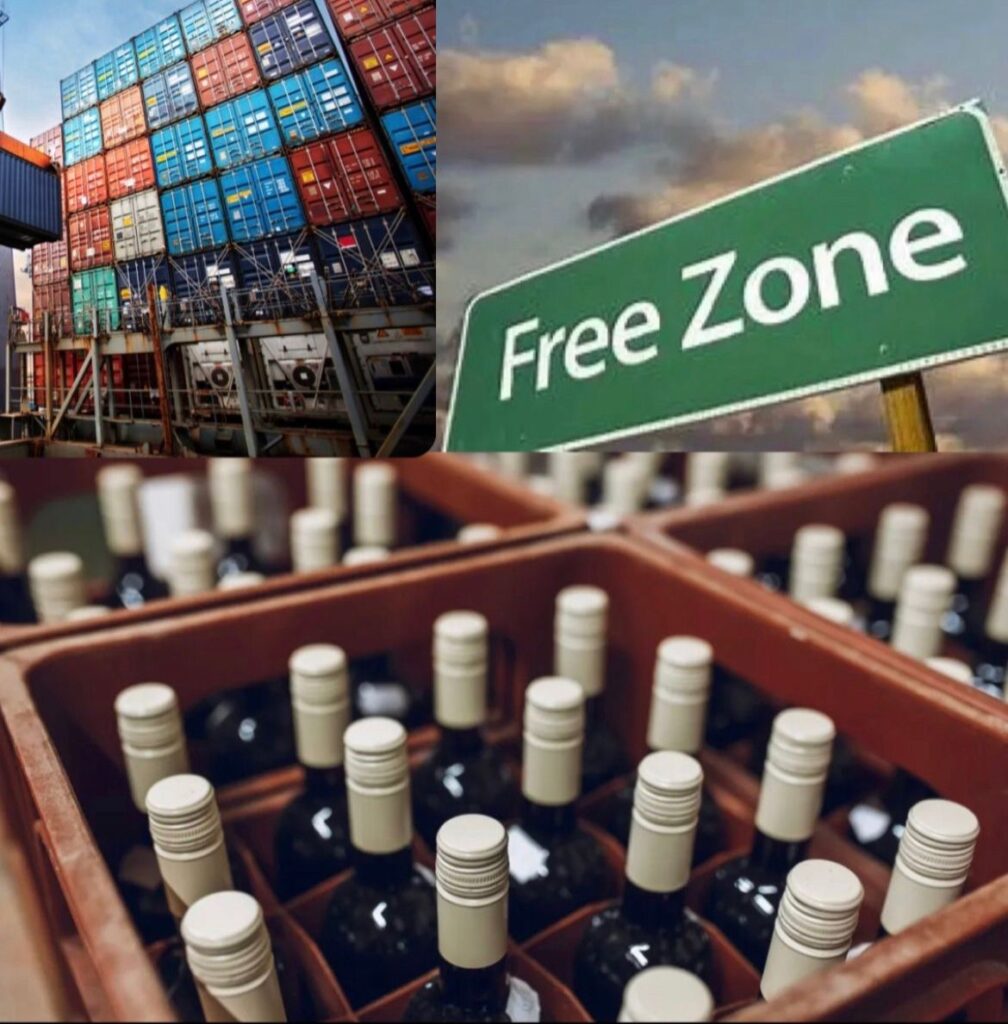
For example, the Rotterdam Free Zone in the Netherlands is a great spot for shipping wines across Europe. Wineries can keep their products there and only pay taxes when the wine actually enters the European market. The Shanghai Free Trade Zone in China helps wineries get their wines into the growing Asian market more smoothly. In Dubai, the Jebel Ali Free Zone connects wineries to the Middle East and Africa with added tax benefits. The Colón Free Zone in Panama is useful for reaching Latin America.
Using FTZs lets wineries reduce costs, test new markets, and manage their global shipping more effectively. This means wineries can export more and grow their business internationally with less hassle.
